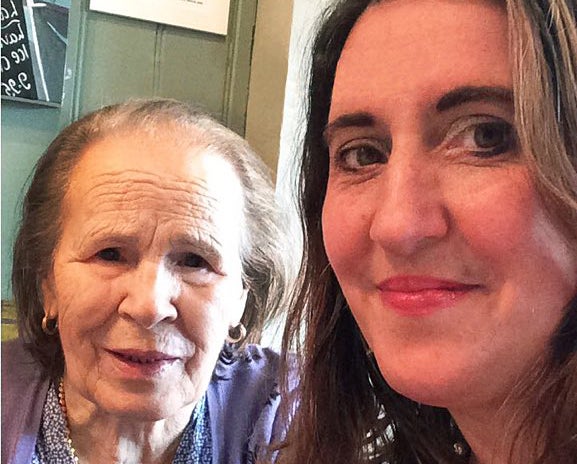'Should I pay to continue living in my home?': EU nationals express dismay over Home Office Brexit settlement plan
'And to rub salt into the wound you're making people pay £65 for this – disgusting'
Your support helps us to tell the story
From reproductive rights to climate change to Big Tech, The Independent is on the ground when the story is developing. Whether it's investigating the financials of Elon Musk's pro-Trump PAC or producing our latest documentary, 'The A Word', which shines a light on the American women fighting for reproductive rights, we know how important it is to parse out the facts from the messaging.
At such a critical moment in US history, we need reporters on the ground. Your donation allows us to keep sending journalists to speak to both sides of the story.
The Independent is trusted by Americans across the entire political spectrum. And unlike many other quality news outlets, we choose not to lock Americans out of our reporting and analysis with paywalls. We believe quality journalism should be available to everyone, paid for by those who can afford it.
Your support makes all the difference.EU nationals living in Britain have expressed dismay and anger at a Home Office video informing them that they must pay to remain in the country after Brexit.
The short clip, tweeted from the Home Office Twitter account two days after Christmas, informs EU citizens that they must apply to the EU Settlement Scheme in order to stay in the UK after 31 December 2020, at a cost of £65 for adults and £32.50 for children under 16.
The video begins with a photograph of a group of young people sitting around a table with food and drink above the caption: “If you are an EU citizen living in the UK, and want to stay in the UK after the 31 December 2020 … you and your family need to apply to the EU Settlement Scheme.”
Accompanied by an upbeat soundtrack, it goes on to explain that the scheme will check the identity, the UK residence and the “criminality” of applicants – which it describes as “three basic principles”.
Delia Cazzato, 52, from north London, whose Spanish mother Ana Maria Dance, 87, has lived in Britain for nearly 60 years but will have to apply for settlement, said she was shocked at seeing the video on her Twitter feed.
“This is worrying. My mum has been here since 1960. London is her home. She came here, fell in love, had myself and my sisters and brought us up here. We’re all proud of being British,” Ms Cazzato told The Independent.
“It’s the first I’d heard of it and at first I thought it may be a joke, but it looks like it’s not. If you’ve come here and made it your home, worked here and paid tax to support the country, why should you be reapplying?

“It’ll break my mum’s heart to be told she may have to leave the UK if they deny her permission to stay. I know a lot of Spanish people and Italian people who have been here for years and it’s going to affect them too.”
EU national Dion Di Miceli, who has lived and worked in the UK for 30 years taxpayer, said: “I should pay money to continue living in my home? And what about those who are unable to fill in these forms, such as elderly EU nationals with dementia?”
Johnny Taylor echoed his sentiments, tweeting: “Why should my partner who has lived and worked here for almost 14 years have to apply?
“It’s an insult to her and the millions of other EU nationals who have contributed to the UK economy. And to rub salt into the wound you’re making people pay £65 for this – disgusting.”
The EU Settlement Scheme, which is currently being piloted across the country and is set to open fully by 30 March, is designed to grant post-Brexit residency to EU citizens and their family members who wish to remain in the UK after 30 June 2021.
There has already been controversy around the scheme, with campaigners warning that European victims of modern slavery risk being pushed back into exploitation if they are required to pay to settle their status, and concerns that many vulnerable EU nationals may not have the means to apply.
A Home Office spokesperson said: “EU citizens make a huge contribution to our economy and to our society and we want them to stay.
“It is vital that EU citizens and their family members know their rights and entitlements are protected, and understand what to do when the Settlement Scheme goes live in March 2019. Official communications throughout 2018 have been pointing people towards reliable sources of information on GOV.UK.
“We’re making the application process as quick and user-friendly as possible. It will check three basic principles – identity, UK residence and criminality – and following the completion of two, successful private tests we will begin to roll-out the Scheme so that it is fully open by 30 March 2019.”

Join our commenting forum
Join thought-provoking conversations, follow other Independent readers and see their replies
Comments